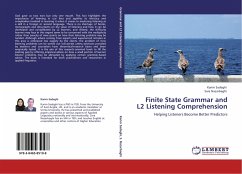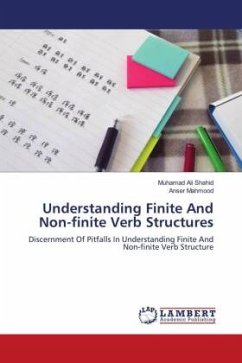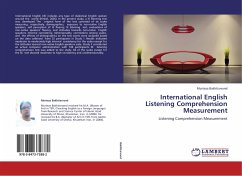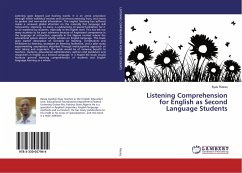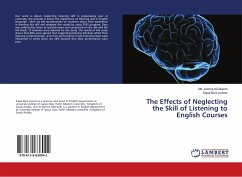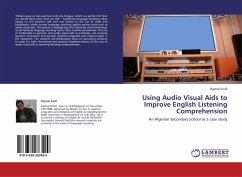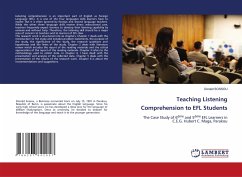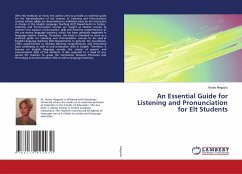God gave us two ears but only one mouth. This fact highlights the importance of listening in our lives and signifies its intricacy and complexities involved in learning it when it comes to mastering listening as a skill in a foreign or second language. There is no shortage of books, monographs and documents on the value of listening and how it can be developed and consolidated by L2 learners, and indeed, the difficulty learners may face in this regard seem to be concerned with the multiplicity rather than paucity of view points on how their listening problem may be tackled. Although advice coming from experts and experienced scholars in this area is embraced too eagerly by the clients, the problem of how listening problems can be sorted out will persist unless solutions provided by teachers and counselors have theoretical-research bases and been empirically tested. It is the aim of this research-oriented book to fill the existing gap by offering empirical advice on how a small portion of learner listener problems may be alleviated by applying certain grammar-based advice. The book is intended for both practitioners and researchers in applied linguistics.
Bitte wählen Sie Ihr Anliegen aus.
Rechnungen
Retourenschein anfordern
Bestellstatus
Storno

